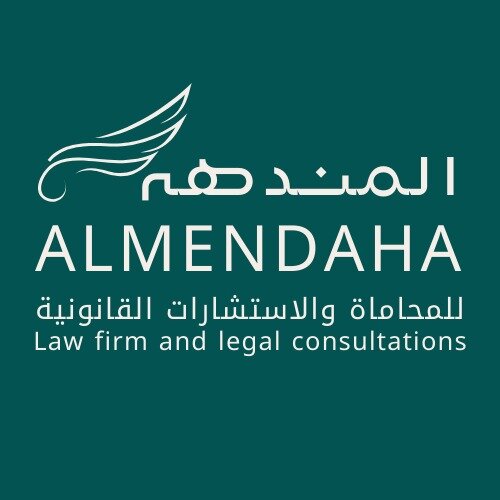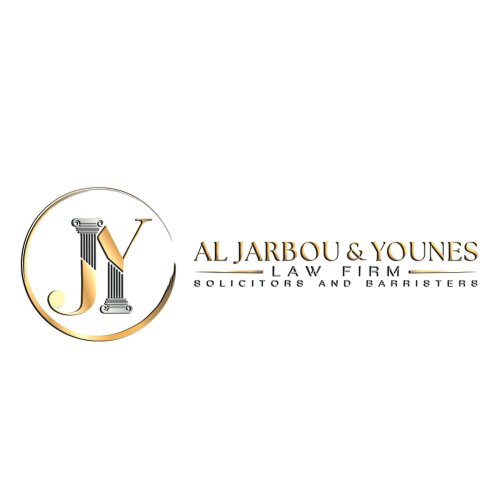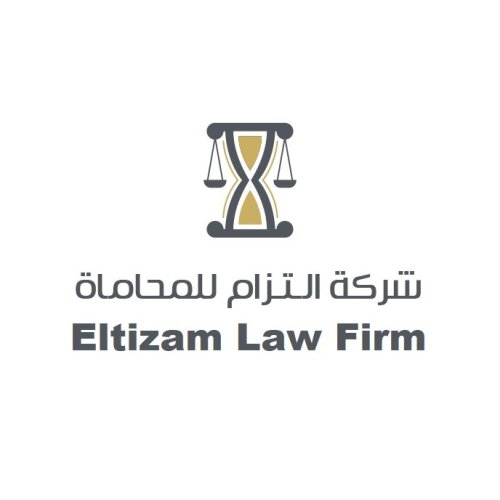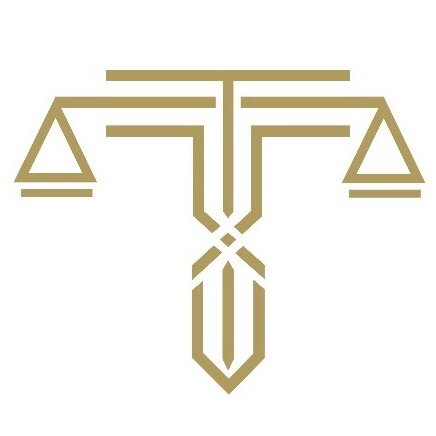Best Ethics and Professional Responsibility Lawyers in Saudi Arabia
Share your needs with us, get contacted by law firms.
Free. Takes 2 min.
Or refine your search by selecting a city:
List of the best lawyers in Saudi Arabia

About Ethics and Professional Responsibility Law in Saudi Arabia
Ethics and Professional Responsibility law in Saudi Arabia addresses the standards and expectations for professional conduct within various occupations and industries. This area of law ensures that professionals adhere to ethical guidelines and maintain integrity, accountability, and fairness in their professional activities. In Saudi Arabia, these laws are influenced by Islamic principles, governmental regulations, and specific codes of conduct established by professional bodies. The legal framework aims to protect both the public and the professional community by promoting ethical behavior and addressing misconduct.
Why You May Need a Lawyer
Individuals and organizations may require legal assistance in Ethics and Professional Responsibility for various reasons. Common situations include allegations of professional misconduct, disputes regarding breach of ethical guidelines, guidance on compliance with ethical standards, defense against disciplinary actions, and consultations on establishing ethical guidelines within organizations. Lawyers with expertise in this field can provide comprehensive legal advice, representing clients before regulatory bodies and helping navigate complex legal scenarios.
Local Laws Overview
Ethics and Professional Responsibility in Saudi Arabia are governed by a combination of Sharia law, governmental regulations, and industry-specific ethical codes. Key aspects include:
- Sharia Law: Acts as the foundational legal framework affecting all aspects of ethics, focusing on honesty, integrity, and justice in professional conduct.
- Regulatory Bodies: Various professions are overseen by governmental and industry bodies that establish codes of conduct and disciplinary procedures.
- Professional Codes: Many fields have specific ethical codes, such as those applicable to legal, medical, financial, and engineering professions.
- Anti-Corruption Laws: Saudi Arabia enforces stringent regulations to prevent corruption and bribery within professional and business environments.
- Whistleblower Protections: Laws exist to protect individuals who report unethical or illegal activities within their organizations.
Frequently Asked Questions
What constitutes professional misconduct in Saudi Arabia?
Professional misconduct includes any actions that breach established ethical codes or regulations, such as fraud, negligence, conflicts of interest, or dishonesty in professional activities.
What should I do if accused of professional misconduct?
Seek legal advice immediately. A lawyer can help you understand the charges, gather evidence, and develop a defense strategy to address the allegations.
Are there specific ethics guidelines for my profession?
Yes, most professional fields have tailored ethics guidelines. Consult your professional body's code of conduct for detailed information.
How can I report unethical behavior within my organization?
Reports can typically be made to your organization's compliance department or through external regulatory bodies. You may also seek legal advice for proper reporting channels.
What are the potential consequences of violating ethical guidelines?
Consequences can range from fines and penalties to suspension or revocation of professional licenses, and sometimes even criminal charges, depending on the severity of the misconduct.
How are disputes involving ethical issues resolved?
Disputes are usually resolved through professional disciplinary tribunals, arbitration, or legal proceedings in court, depending on the specifics of the case.
Are whistleblowers protected by law in Saudi Arabia?
Yes, there are legal protections for whistleblowers to encourage the reporting of unethical or illegal activities without fear of retaliation.
Can a lawyer help with establishing ethical guidelines in my organization?
Yes, lawyers can assist in drafting, reviewing, and implementing ethical guidelines to ensure compliance with legal and industry standards.
What is the role of regulatory bodies in ethics and professional responsibility?
Regulatory bodies oversee the enforcement of ethical standards, investigate complaints, and impose disciplinary actions in case of misconduct.
How can I ensure my business practices comply with ethical standards?
Regular training, audits, and consultations with legal experts can help ensure your business adheres to ethical standards and remains compliant with relevant laws.
Additional Resources
Several resources and organizations can assist with Ethics and Professional Responsibility issues in Saudi Arabia:
- Saudi Bar Association: Offers resources and support for legal professionals.
- National Anti-Corruption Commission (Nazaha): Responsible for combating corruption and promoting transparency.
- Professional Regulators: Each professional field may have its own regulatory body with specific resources and support.
- Legal Aid Centers: Provide assistance to individuals needing legal advice or representation.
Next Steps
If you require legal assistance in Ethics and Professional Responsibility, consider the following steps:
- Identify the specific ethical issue or legal question you need assistance with.
- Consult with a lawyer who specializes in ethics and professional responsibility law in Saudi Arabia.
- Gather relevant documents and information to facilitate your legal consultation.
- Discuss potential strategies and outcomes with your lawyer to understand the best course of action.
- Maintain open communication with your legal counsel throughout the process to ensure a comprehensive understanding of your case and rights.
Lawzana helps you find the best lawyers and law firms in Saudi Arabia through a curated and pre-screened list of qualified legal professionals. Our platform offers rankings and detailed profiles of attorneys and law firms, allowing you to compare based on practice areas, including Ethics and Professional Responsibility, experience, and client feedback.
Each profile includes a description of the firm's areas of practice, client reviews, team members and partners, year of establishment, spoken languages, office locations, contact information, social media presence, and any published articles or resources. Most firms on our platform speak English and are experienced in both local and international legal matters.
Get a quote from top-rated law firms in Saudi Arabia — quickly, securely, and without unnecessary hassle.
Disclaimer:
The information provided on this page is for general informational purposes only and does not constitute legal advice. While we strive to ensure the accuracy and relevance of the content, legal information may change over time, and interpretations of the law can vary. You should always consult with a qualified legal professional for advice specific to your situation.
We disclaim all liability for actions taken or not taken based on the content of this page. If you believe any information is incorrect or outdated, please contact us, and we will review and update it where appropriate.
Browse ethics and professional responsibility law firms by city in Saudi Arabia
Refine your search by selecting a city.
















